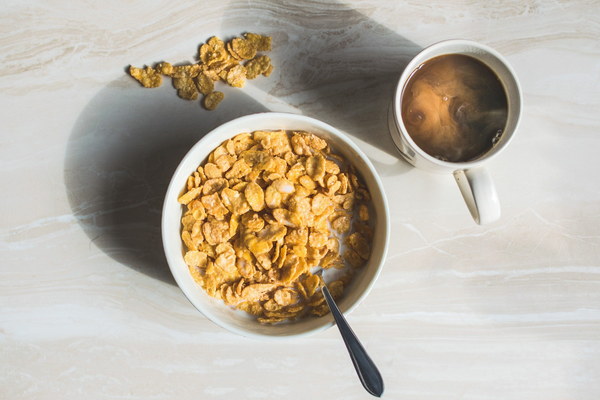Can You Drink Herbal Teas and Medications Simultaneously
In today's fast-paced world, many individuals seek alternative methods to maintain their health and well-being. One such method is drinking herbal teas, which are believed to possess various health benefits. However, a common question arises among tea enthusiasts: Can you drink herbal teas and medications simultaneously? In this article, we will explore the potential interactions between herbal teas and medications, providing you with valuable insights to make informed decisions.
Firstly, it is essential to understand that herbal teas are derived from natural plants and are often used for their medicinal properties. While many herbal teas are safe for consumption, some may interact with medications, causing adverse effects. Therefore, it is crucial to consult a healthcare professional before combining herbal teas with any medication.
One potential concern is the interaction between herbal teas and blood-thinning medications, such as warfarin or aspirin. Certain herbal teas, such as ginger, ginseng, and turmeric, may enhance the blood-thinning effects of these medications, leading to increased bleeding risk. Consequently, individuals taking blood-thinning medications should avoid consuming these specific herbal teas without consulting their healthcare provider.

Another concern involves the interaction between herbal teas and medications that affect the central nervous system. For instance, chamomile, valerian root, and passionflower are known for their calming properties. When consumed with medications that also affect the central nervous system, such as sedatives or antidepressants, these herbal teas may cause excessive sedation or enhance the risk of side effects.
Furthermore, certain herbal teas may interfere with the absorption of medications. For example, green tea contains compounds that can reduce the absorption of certain medications, such as iron supplements or certain antibiotics. As a result, individuals taking these medications may need to adjust their dosage or timing to ensure proper absorption.
On the other hand, some herbal teas may actually complement certain medications. For instance, milk thistle is known for its liver-protecting properties and is often used to support liver function. In some cases, it may be beneficial when taken with medications that affect the liver, such as certain chemotherapy drugs or acetaminophen.
To ensure the safety of combining herbal teas with medications, consider the following tips:
1. Consult a healthcare professional before combining herbal teas with any medication.
2. Educate yourself about the potential interactions between specific herbal teas and your medications.
3. Adjust the dosage or timing of your medication as recommended by your healthcare provider.
4. Monitor for any adverse effects or changes in your health while consuming herbal teas and medications simultaneously.
5. Stay informed about the latest research on herbal teas and their interactions with medications.
In conclusion, while herbal teas can offer numerous health benefits, it is crucial to exercise caution when combining them with medications. By consulting a healthcare professional, educating yourself about potential interactions, and following the tips mentioned above, you can safely enjoy the benefits of herbal teas while managing your medication regimen. Remember, your well-being is the most important factor, and informed decisions can lead to a healthier lifestyle.









